Navigation auf uzh.ch
Navigation auf uzh.ch
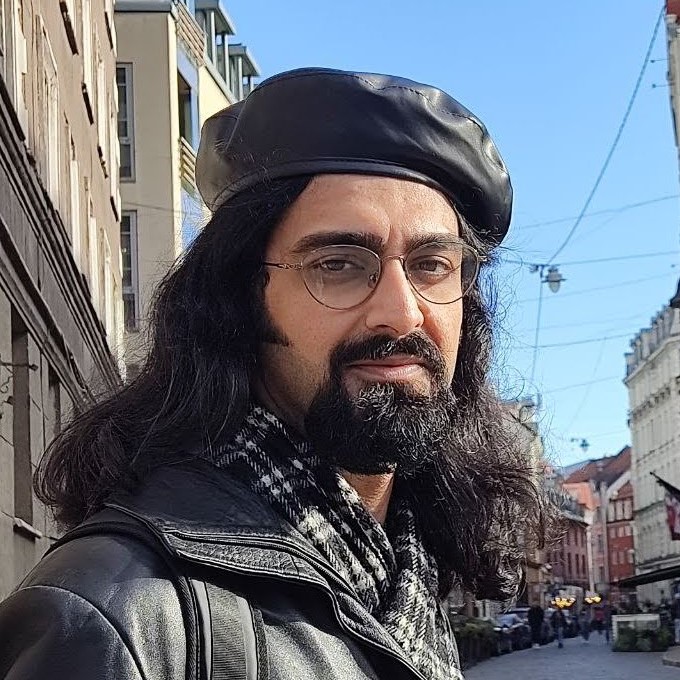
Mirkamran Huseynli is a Ph.D. student at the Department of Political Science at Vytautas Magnus University. He holds joint master’s degree in East European & Eurasian Studies at University of Bologna and Corvinus University of Budapest. He also holds one-year master’s degree in Nationalism Studies at Central European University (CEU). In parallel to fellowship at University of Zurich, Mirkamran pursues a graduate degree (hybrid) at Kroc School of Peace Studies at University of San Diego. Earlier, he offered B.A courses on Political Theory and Modern world History at School of Public and International Affairs at ADA University. In recent years, he has collaborated with various NGOs internationally and in Azerbaijan regarding peacebuilding and conflict resolution. He had also been part of EU4Dialogue Component 1 where scholars from Armenia, Azerbaijan, Georgia and Moldova joined to discuss historical themes and challenges across national divides. When it comes to his PhD research, Mirkamran focuses on national identity, minority politics and inter-ethnic relations in the case of Azerbaijan. His other publications deal with Armenian-Azerbaijani history textbooks, transitional justice and Azerbaijani civil society in post-war period.
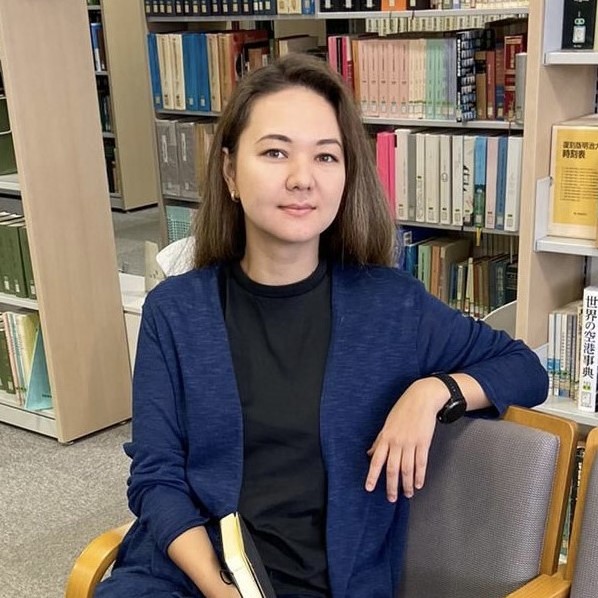
Sabina Insebayeva is an Assistant Professor at the Department of Political Science and International Relations at Nazarbayev University (Kazakhstan). She is concurrently a research associate at the Asia Research Institute (ARI) at the National University of Singapore (NUS), where she also was a postdoctoral research fellow (Identities Cluster). Prior positions include research and visiting fellowships at the George Washington University (IERES), University of Tokyo (ISS), the University of Tsukuba, and the Leibniz Institute for Educational Media, Georg Eckert Institute (GEI). In addition to these fellowships, her research has been supported by a number of non-governmental and governmental institutions in the United States, Japan, China, Singapore, Norway, and Germany. Dr. Insebayeva studies issues related to identity politics, power relations and security, and is particularly interested in approaches rooted in social theory and historical sociology. She has published peer-reviewed articles in journals such as The Pacific Review, Europe-Asia Studies, Journal of Eurasian Studies, and Nationalities Paper, among many others. During her research stay in Zurich, Dr. Insebayeva will work on a research project on Kazakhstan’s foreign policy, examining the relationship between its national identity, ontological security, and the changing world order.
.jpg)
Arev Papazian is a PhD candidate in Sociology and Social Anthropology at the Central European University in Vienna. Her research project is an ethnography of fishing and nature conservation at Lake Sevan in Armenia. It looks into nature management through preservation and resource use, and its relation to labor, capital, and the state. Arev holds an MSc in Social Anthropology from the University of Oxford, and a BA in Sociology and Anthropology from the American University of Beirut where she has also worked as an anthropology instructor. As a CEES fellow at the University of Zürich, she will explore the Armenian/Soviet state’s relation to (non-human) nature and labor from Soviet Stalinist times till the present. The project will look into the changes at Lake Sevan from the inception of the Sevan-Hrazdan hydropower cascade all the way to the restructuring of the fishing economy in the past few years, including an examination of the Soviet state-owned fishing enterprise and the planning and implementation of nature preservation projects throughout those years.
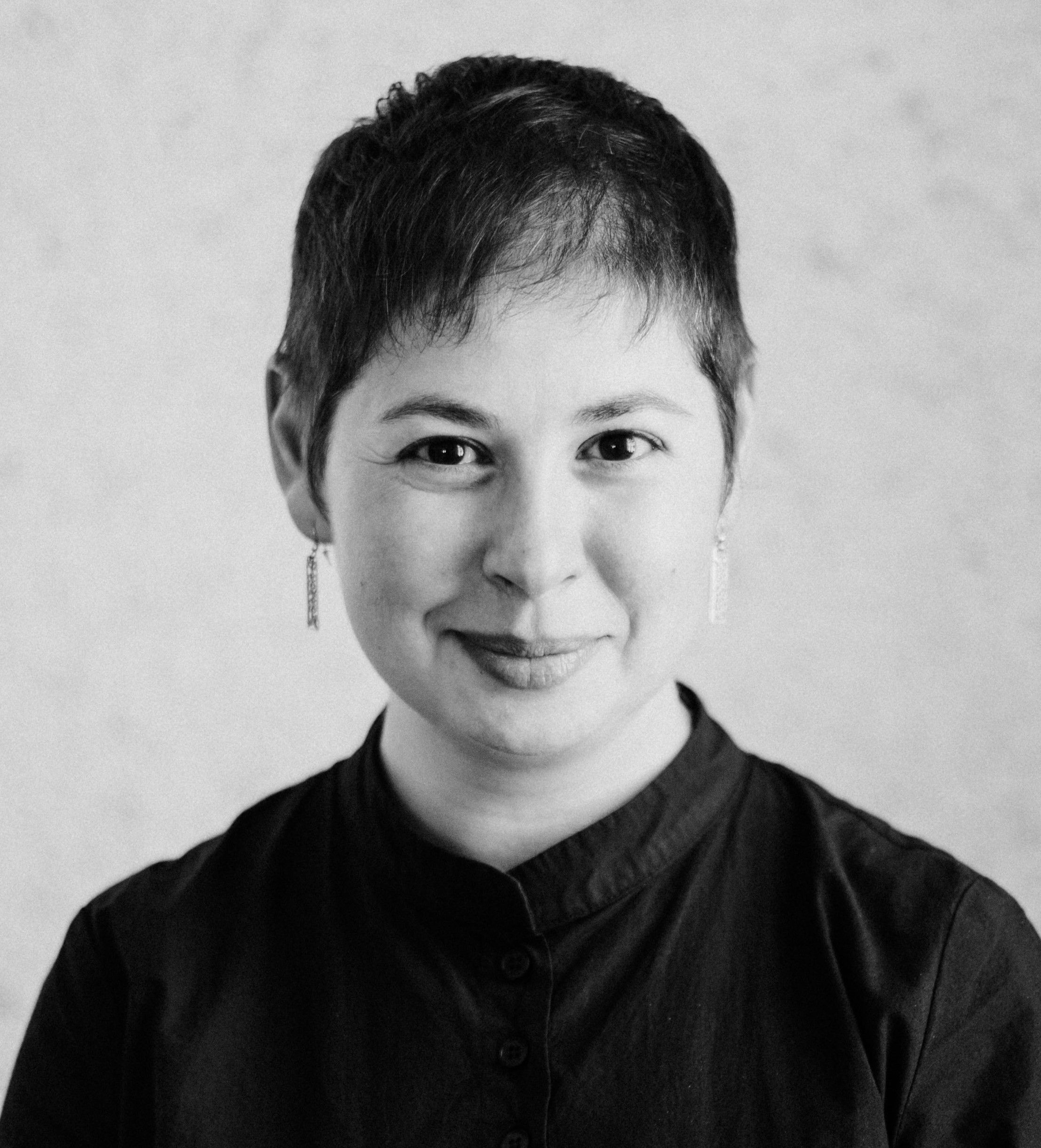.jpg)
Nika Parkhomovskaia is a theater researcher, producer, curator and critic with extensive knowledge of contemporary Russian and European theater as well as its history. Has great experience in organizing international festivals and collaborations, producing performances and theater projects. Building on an academic background (theater studies at Saint-Petersburg State Academy of Theatre Arts, theater management at Moscow Theater Leaders School etc.), she teaches theater theory as well as applied drama history and socially engaged theater management. At the moment, she is a PhD student of Slavic literature at the Zurich University. Being a theater critic and researcher in exile, she is interested in how these two phenomena - theater and exile - are nowadays connected to each other. As a CEES Fellow, she will try to do the mapping of Russian-speaking theater diaspora in exile. To begin with, she is planning to interview those theater makers (directors, actors, choreographers, set-designers, visual artists, composers etc.), who have fled to different countries of the South Caucasus and Central Asia, and study how their artistic approach and methods of work have changed in new social conditions and political circumstances.
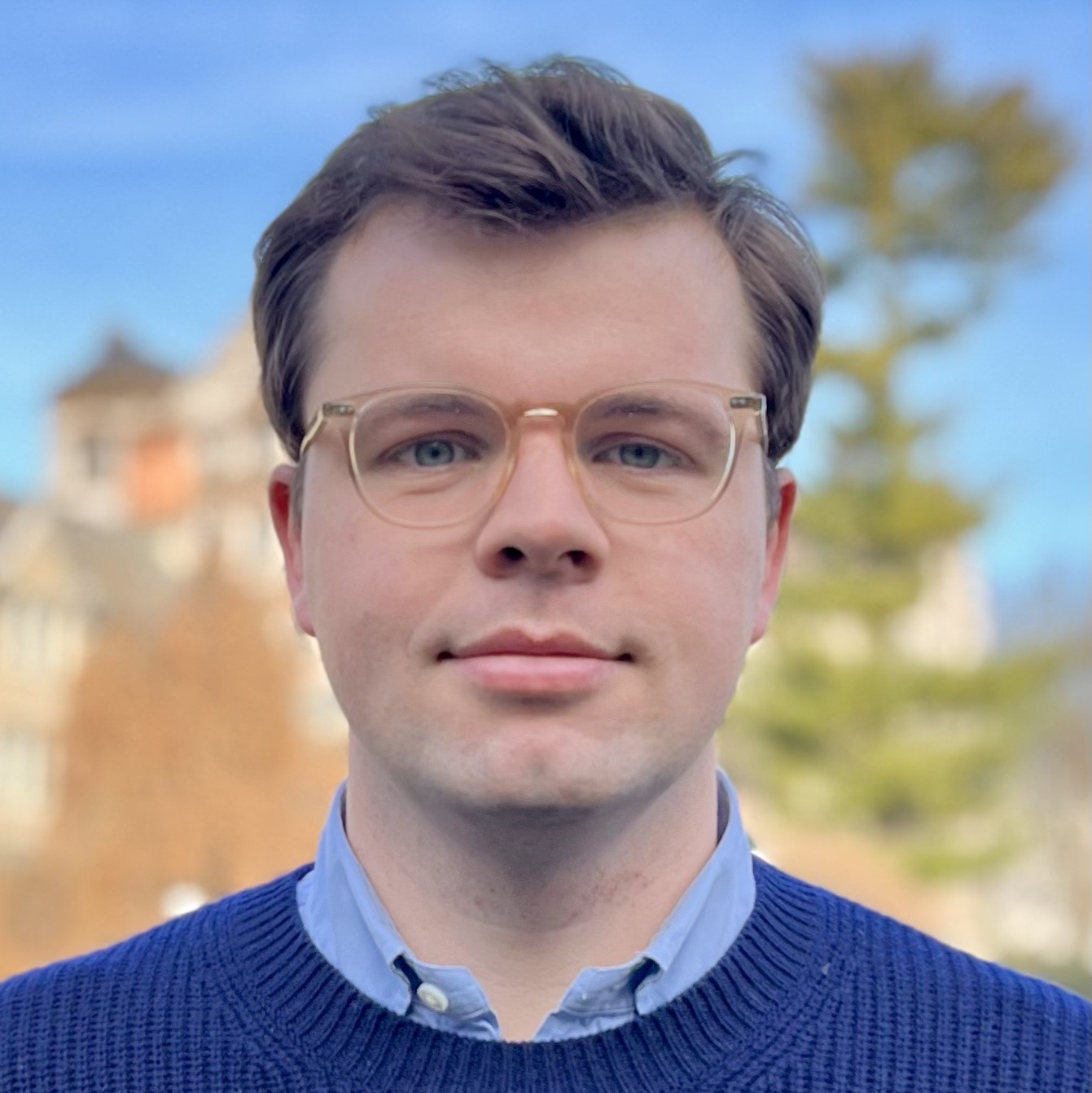
Friedrich Asschenfeldt is a PhD candidate in History at Princeton. His dissertation explores the changing fortunes of the Russian Empire and the Soviet Union as an agricultural producer, from the world’s biggest exporter of grain before World War I to biggest importer of grain during the 1970s. Against the backdrop of momentous transformations in Soviet and world agriculture (war, famine, collectivization, the “Green Revolution”), the dissertation traces the contentious participation of the Russian Empire and the Soviet Union in the world economy. Before coming to Princeton, Friedrich studied History and Economics at the University of Munich (BA, MA), the Higher School of Economics in Moscow and Central European University in Budapest. He is the co-editor of a Special Issue of Europe-Asia Studies titled “Capitalism and Socialism in Russia” (forthcoming 2023).
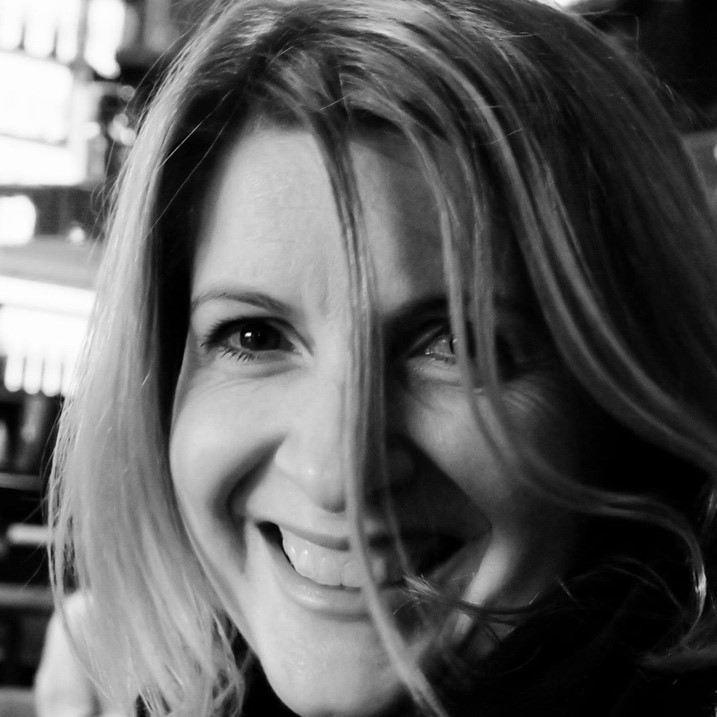
Dr. Armina Galijaš, M.A. is an assistant professor at the Center for Southeast European Studies at the University of Graz and Editor-in-Chief of Contemporary Southeastern Europe since 2011. Her research interests and academic teaching focus on the modern history of Southeastern Europe. She has published and researched on topics such as conflicts and wars, nationalism, cultural, political, and social history, and migration. She studied Eastern and South-Eastern European history, modern history, and economics at the Ludwig-Maximilians-University in Munich. During and after her studies, she was a researcher and university assistant at the same university and at the Southeast Institute in Munich (now the Leibniz Institute for East and Southeast European Studies – IOS). From 2005 to 2011 she was a university assistant and lecturer at the Institute for Eastern European History at the University of Vienna, where she also obtained her doctorate in 2009.
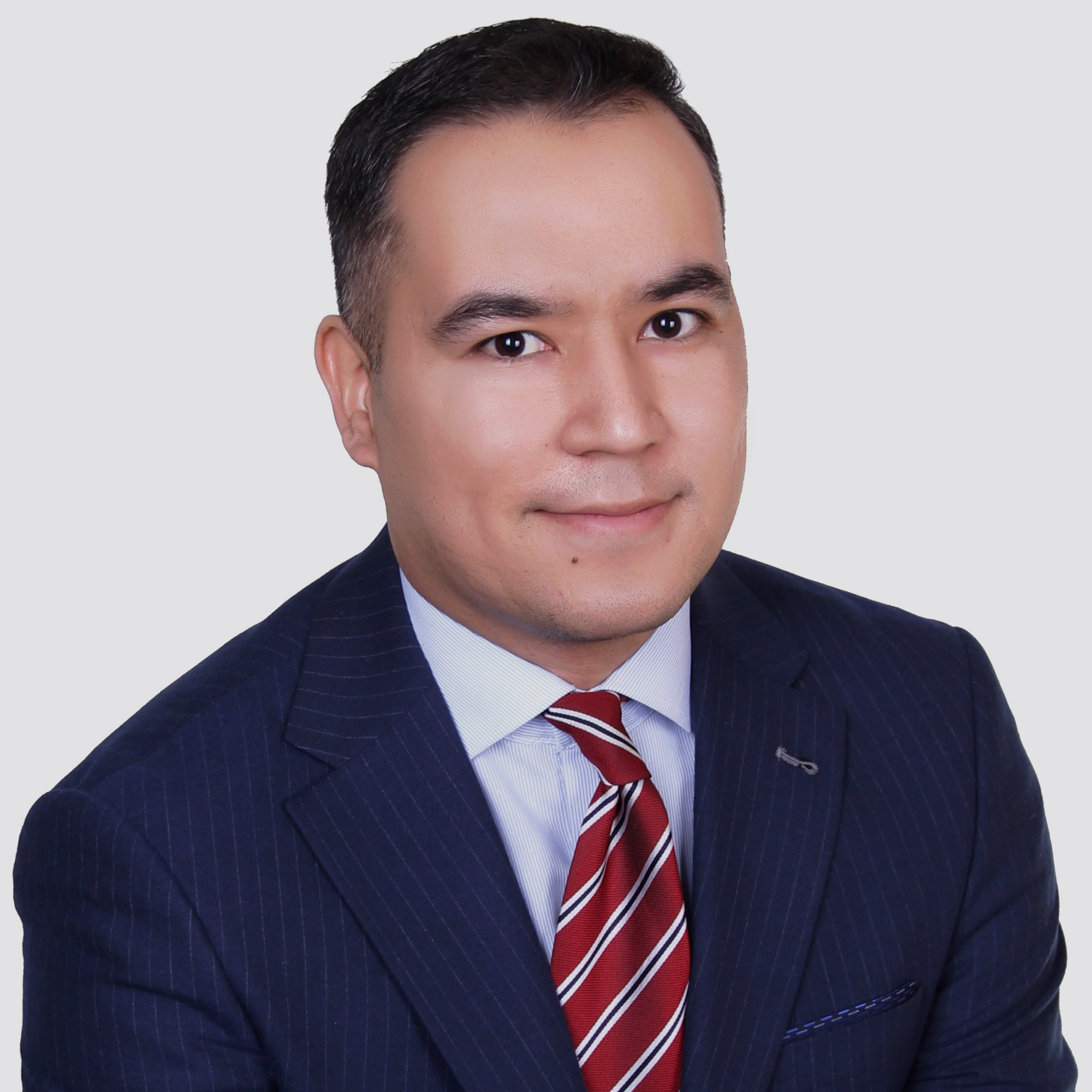
Firdavs Kobilov is a Doctoral Candidate (PhD) at the School of Social & Political Sciences, University of Glasgow. Prior this, he completed his BA studies at the University of World Economy and Diplomacy in Uzbekistan. During his BA studies he participated in the ERASMUS+ exchange program at the University of Castilla-La Mancha, Spain. He received his master’s degree from the ERASMUS MUNDUS Joint Master Programme (EMJMP) in South European Studies at the University of Glasgow, National and Kapodistrian University of Athens, and Universidad Autónoma de Madrid. Afterwards, he worked for one year as an Assistant Lecturer at the University of World Economy and Diplomacy in Uzbekistan. His doctoral thesis focuses on Uzbekistan’s regional foreign policy after the leadership transition in 2016.
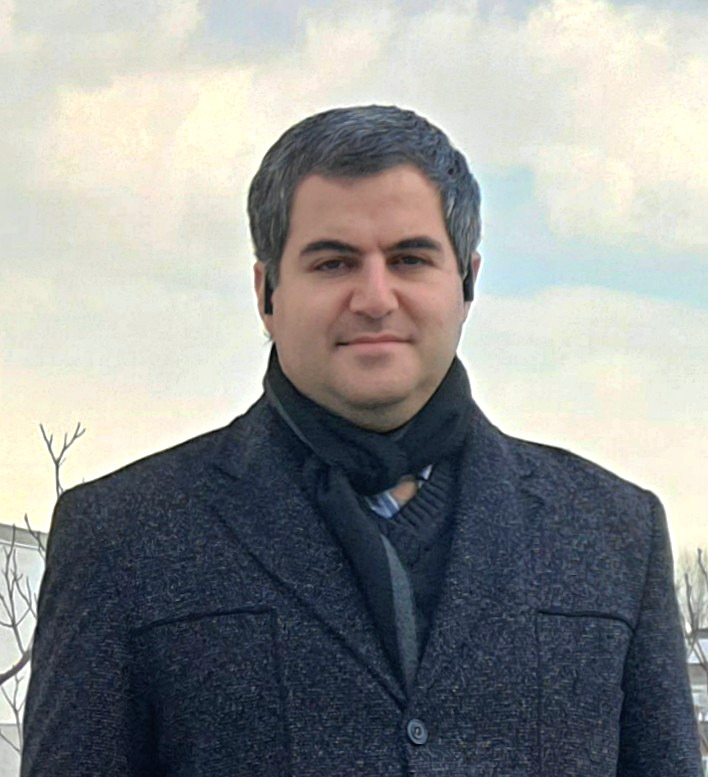
Hrant Mikaelian is a political scientist based in Yerevan. Main areas of research include regional affairs of the South Caucasus (both domestic and foreign politics), demographics, economy applying both qualitative and quantitative approaches. Hrant Mikaelian has a B.A. from Georgian Technical University (Computer Science, 2003-7), M.A. from National Academy of Sciences (Political Science, 2008-10) and the Armenian State University (Yerevan-Cisinau 2012-4) and also completed various courses, including CE Yerevan School of Political Studies (Yerevan-Strasbourg, 2015-6). His working experience includes KazTransGaz-Tbilisi (as a senior specialist at the Research and Statistics Department in 2007-08), the Caucasus Institute in Yerevan (since Sept. 2009), a blog on the “Caucasus Knot” website (named “Political Geography of the South Caucasus”, since 2018), and various research projects, including the latest project on the job market prospects in Armenia by UNDP (July-Dec 2022). Hrant Mikaelian is author/co-author of 2 books, contributed to “Nations in Transit” report by Freedom House (2010-6), Varieties of Democracy ranking (2020), author of more than 40 articles and policy papers. Mikaelian is co-founder of “Armenian project” NGO and educational platform (Nov. 2020), author of a radio program “Statistically speaking” (Vichakakhosutyun) in 2018-21 and participant of dozens of local and international conferences since 2010.
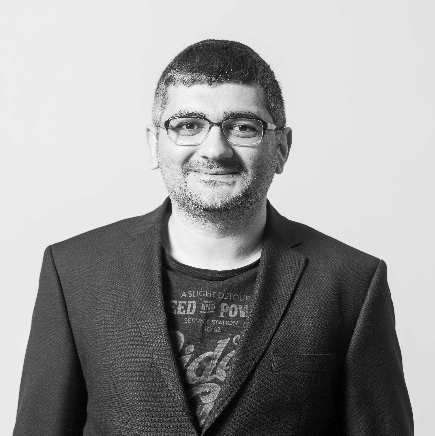
Rail Safiyev holds a PhD in political science (Dr. rer. pol.) from the Free University of Berlin and teaches at the School of Political Science at the Western Caspian University in Baku. Previously, he was a research associate at ULB CEVIPOL Brussels, an associate professor at the Institute for Comparative Politics at the University of Bergen (Norway) as well as a visiting researcher at the Institute for Iranian Studies at the Austrian Academy of Sciences and the Friedrich Schiller University Jena for Caucasus Studies. His research focuses on the connection between cultural and political nuances of post-Soviet societies, corruption and regimes, and their dynamics in Eurasia. His works have been published in renowned volumes (more recently The Uppsala Yearbook of Eurasian Studies III) and widely presented at various international conferences. As a CEES Fellow at the University of Zurich, he will conduct research based on his ongoing investigations into elite transition and renewal, and the practices of regime survival. Building on new approaches in elite studies, his analysis asks which are the elite manifestations of distinction and how the elite composition and their process of reproducing social privileges and prestige goods in the post-Soviet region should be assessed.
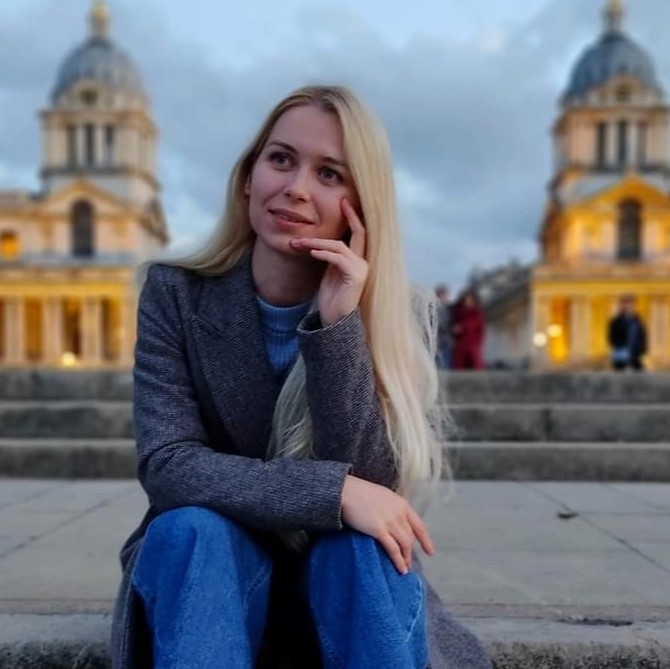
Olga Dzhonua studied International Relations at Abkhaz State University and Media in Development at SOAS, University of London. She is a pre-PhD student at Abkhaz State University. In recent years she worked as a correspondent and an editor of the newspaper, an editor of the governmental press-service, deputy head of the International department of the Abkhaz State University, and as a Communication Analyst for UNDP. At CEES she will research the affect of the war in Ukraine on Abkhazia.
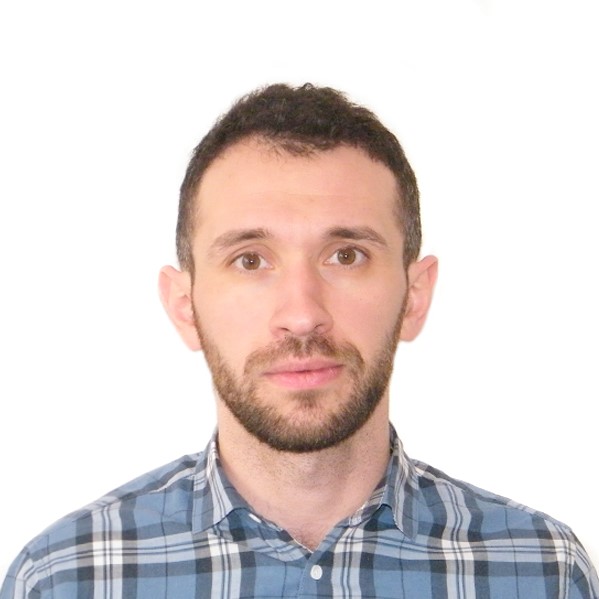
Temur Gugushvili was recently appointed as an assistant professor specializing in sociology and research methodology at International Black Sea University (IBSU). He is in the final stages of his PhD program at Tbilisi State University, where his research focuses on livelihood transformation in rural and mountainous areas. Temur's expertise extends beyond academia as he has worked with prominent international organizations such as FAO, ICARS, and UNDP as a research and independent consultant. He has also led and coordinated several scientific projects in collaboration with global institutions. Temur's latest project involves partnering with the Centre for Development and Environment (University of Bern) to study the impact of mega-infrastructure projects (MIPs) on surrounding communities and empower locals to co-design MIPs in the Caucasus region, Georgia.
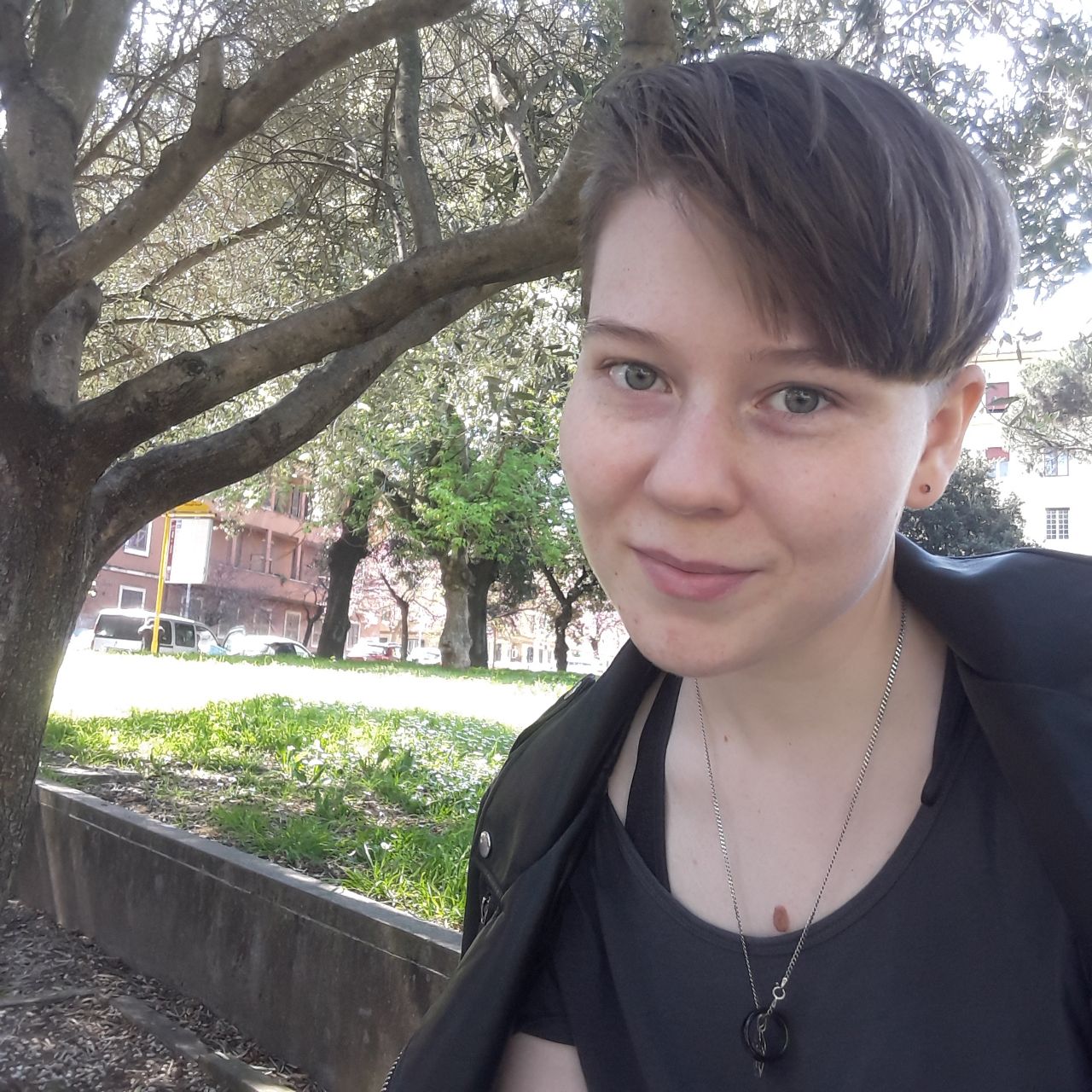
Iuliia Iashchenko holds a master degree in history from the University of Perm. At the moment, she is a PhD student of history at the Sapienza University of Rome. Her academic interests are the history of totalitarian regimes within Europe and the collective memory of this experience. Her doctoral thesis focuses on the problems of the collective memory of ethnic cleansing on the territory of the USSR and in the occupied regions in the 1930s and 1950s.
Dr. Kristina Jonutytė is a social anthropologist, currently a postdoctoral fellow at Vilnius University (Lithuania). She conducts research on Buryat religion and society, with a particular focus on the post-Soviet resurgence of Buddhism in Ulan-Ude. She defended her PhD at Max Planck Institute for Social Anthropology (Germany) in 2019, with a thesis on Buryat Buddhist giving practices and belonging. She has since held research and teaching positions at Vilnius University and Vytautas Magnus University, as well as a visiting fellowship at the University of Cambridge. More recently, she has started working on a new research project that explores Buryat racialisation and belonging in contemporary Russia, in the context of the war in Ukraine.
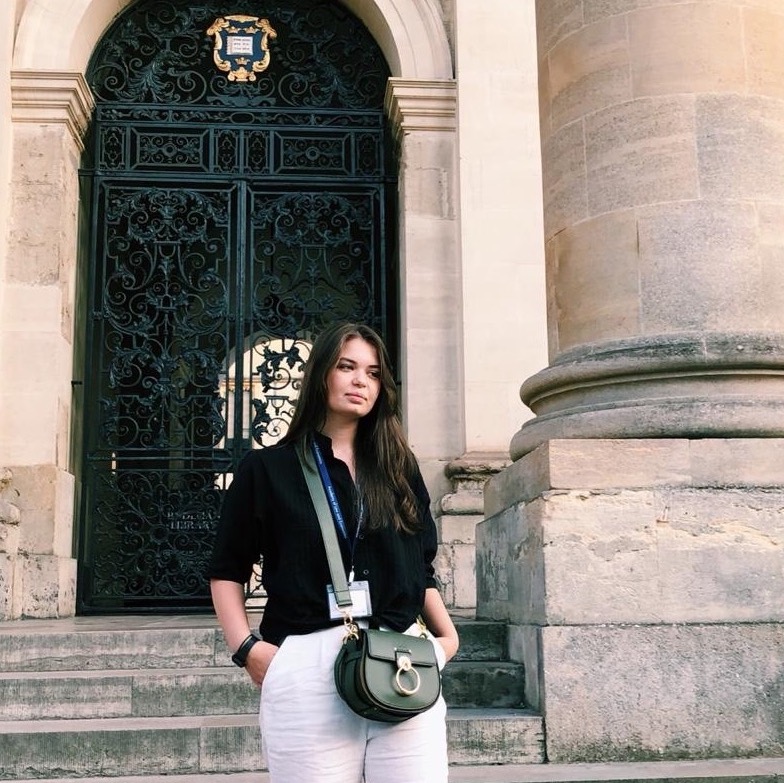
Adel Khurkhumal is a PhD student at Abkhazian State University. From 2017 to 2022 studied at the Abkhaz State University at the Department of History and Theory of International Relations. In 2019, she completed the course «International relations, Law and Economics Advanced Program» at the University of Oxford. She has worked for educational centers as an English teacher and as a social media manager. Her research project at the CEES reflects on "Youth in politics in Abkhazia: importance, role, and challenges".
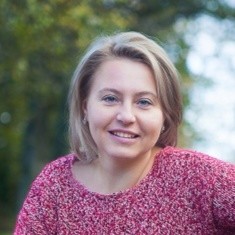
Yaroslava (Yara) Marusyk is a PhD candidate and lecturer at the International Relations and International Organization Department of the University of Groningen working on a dissertation about the role of norms and values in energy security and energy transition discourses. Her research interests are energy security, energy transition, global energy governance, geopolitics of gas and geopolitics of renewables, peace and conflict studies. In particular, she is interested in state and non-state actors in foreign and energy security policies of the EU member states, Ukraine, Russia and China as well as their role in energy transition and global energy governance. Her most recent research focused on geopolitics of wind titled ‘Wind Energy - Experiences with Onshore and Offshore Projects’. As a lecturer, Y. Marusyk taught seminars on International Politics, International Organization, Political Science, Academic Skills, Policy & Governance, Geopolitics of Energy Transition for BA students and research seminar on Energy Security for MA students. Prior to joining the academia, she had an extensive working experience in public affairs/government relations, advocacy/lobbying and international project management.
(2).jpg)
Tamar Qeburia holds a master's degree in Social Anthropology from Ilia State University, Tbilisi. She is currently a PhD student in the Carl Friedrich Lehmann-Haupt International Doctoral Program, pursuing a double degree doctorate between Ilia State University (Georgia) and the University of Göttingen (Germany) in the Department of Eastern European History. Her ongoing PhD research explores the social, material, and economic history of industrialization in the Soviet Union's republic of Georgia. Her work connects questions of industrial development and the emergence of the working class to the broader process of Georgia's Sovietization. At the CEES, she is working on a project entitled "In search of the 'ordinary' worker: Labor recruitment, apprenticeship campaigns, and the creation of an industrial working class".
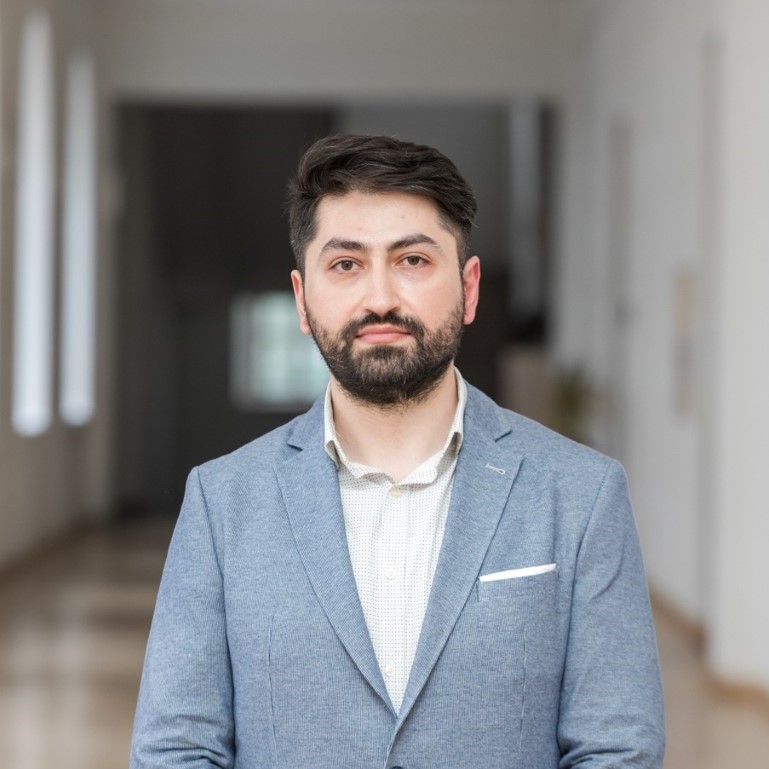
Levan Kakhishvili is a Doctoral Fellow in political science at the Bamberg Graduate School of Social Sciences (BAGSS) at the University of Bamberg in Germany. Based on the case of Georgia, his dissertation studies how programmatic party competition emerges in post-Soviet hybrid regimes. Previously, he studied Russian and East European Studies at St. Anthony's College, University of Oxford and International Relations at Tbilisi State University. Levan is additionally a non-resident policy analyst at the Tbilisi-based think-tank Georgian Institute of Politics (GIP). His research has appeared in Europe-Asia Studies and Post-Soviet Affairs. At CEES he is pursuing a project about how party programmes and electoral clientelism co-exist together in the same context.
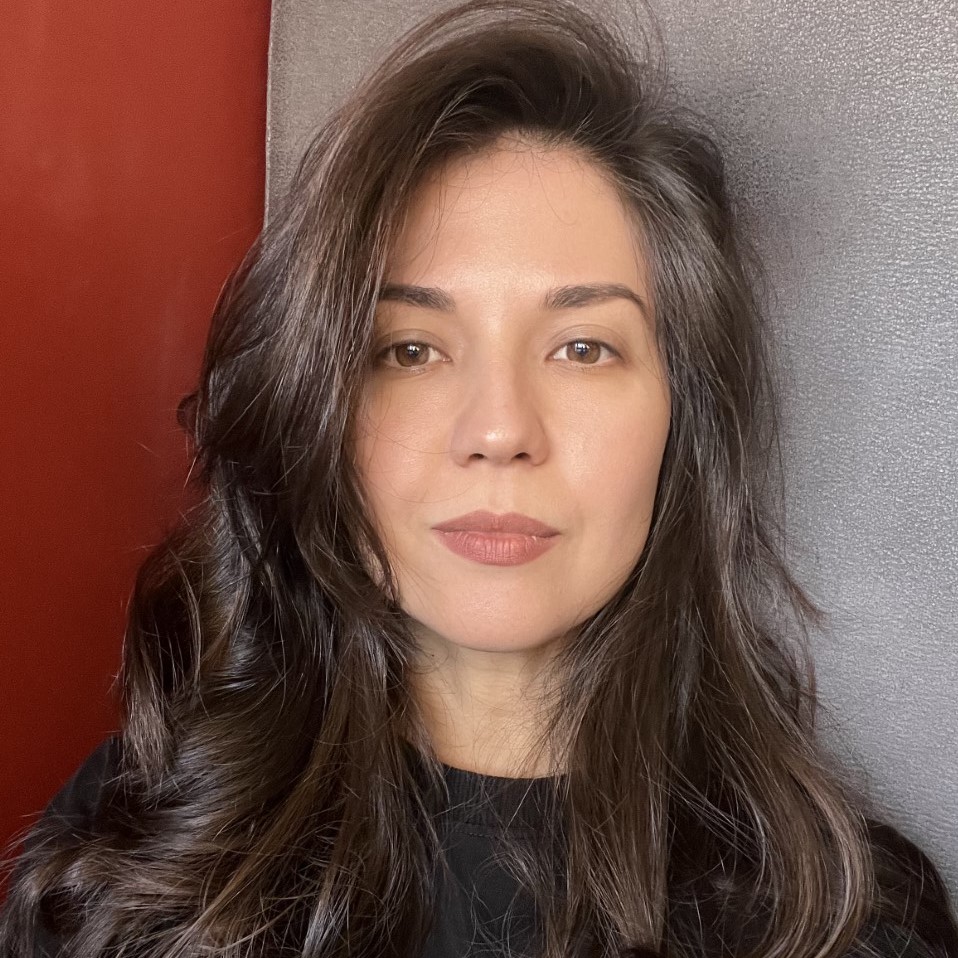
Yulia Kozlova studied International Relations at Abkhazian State University and International Development at the University of Birmingham. She is a PhD student at Abkhazian State University. In recent years she has worked for various agencies such as World Vision and FAO UN. Her project at CEES is: “Opportunities for gender-sensitive value chain development in Abkhazia”.
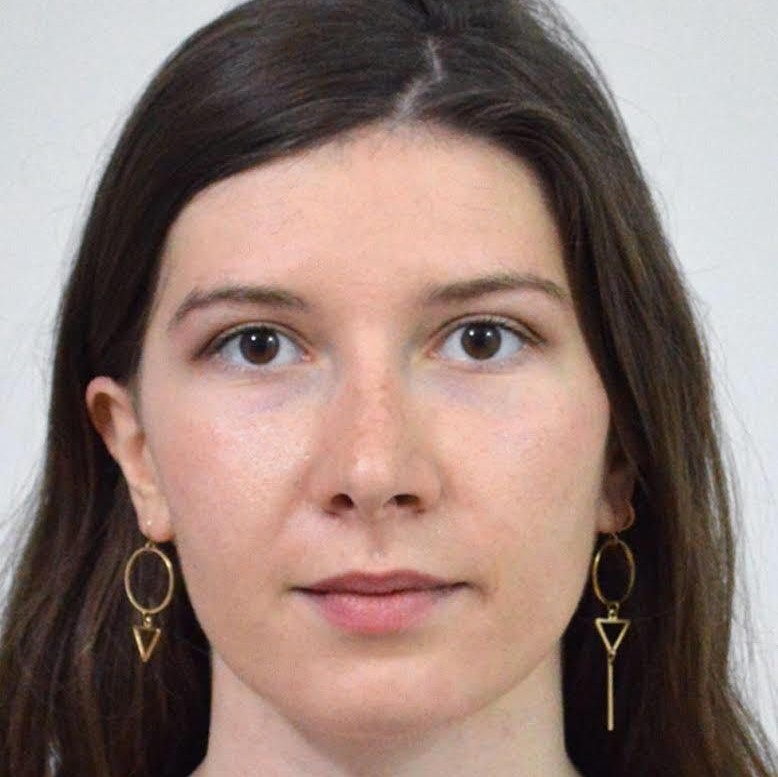
Mariam Shalvashivili studied sociology and social anthropology at Central European University and social sciences at Free University of Tbilisi. Currently, she is a PhD student of Social and Cultural Anthropology at Ilia State University Tbilisi. At CEES, she is pursuing a project titled "Doubting the State: The Political and Affective Role of Rumors and Conspiracy Theories in Pankisi". She worked as a researcher for Social Justice Center in Tbilisi from 2019 to 2022 and continues to collaborate with the organization on different projects. Mariam is a Heinrich Böll Foundation scholarship holder.
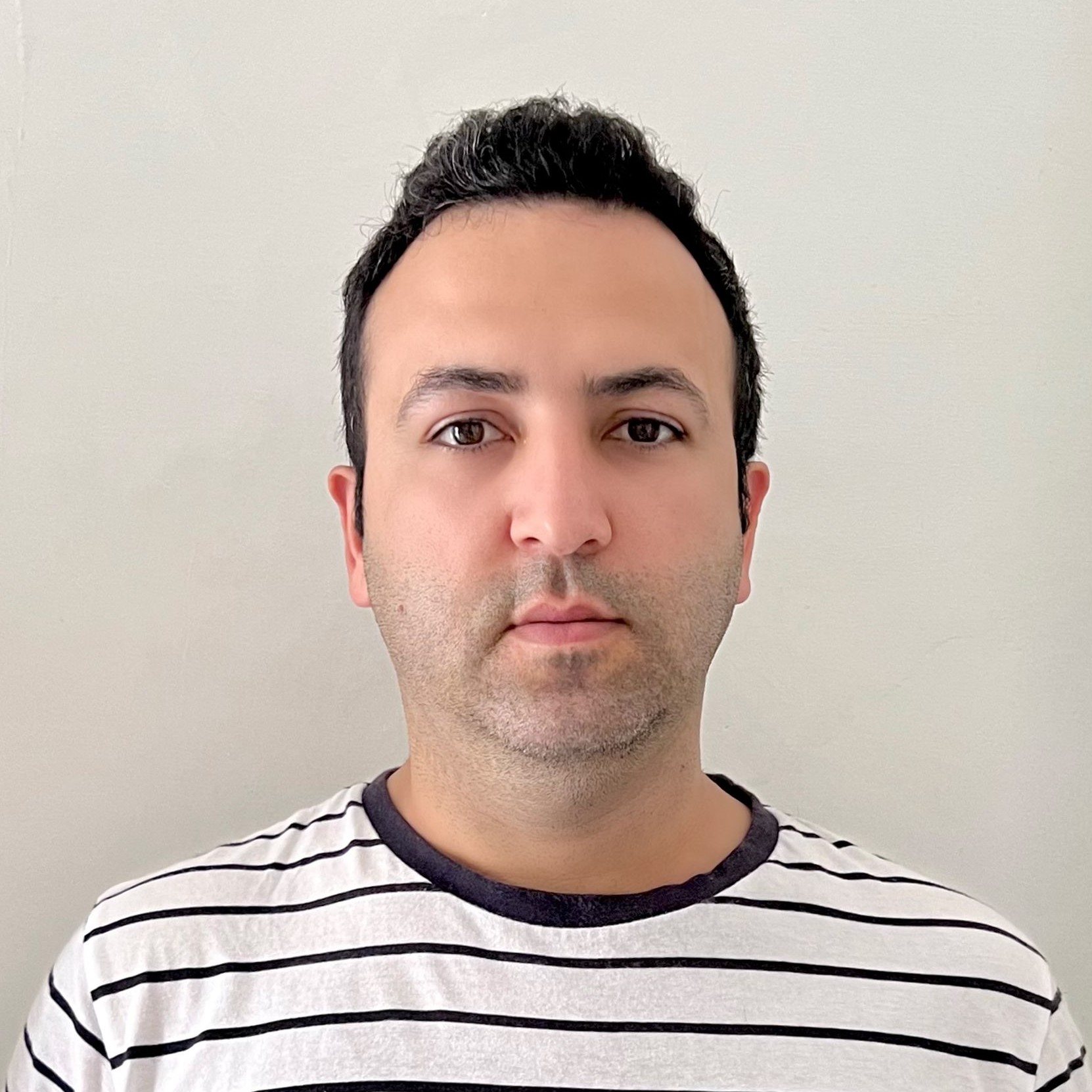
Agshin Umudov studied International Relations, Global Studies, and Peace and Conflict Research at Qafqaz University, Leipzig University and Uppsala University, respectively. For 2011-2012 and 2015-2016 he worked as a lecturer at the Department of European Studies and International Relations at Qafqaz University in Baku. He offered BA courses on Nationalism in Eastern Europe, EU Foreign and Security Policy and Theories of Conflict Studies. He received his doctorate from the Free University of Berlin on the topic "Environmental Governance in Azerbaijan: Oil Pollution and Greenhouse Gas Emissions". At the moment, he is a postdoc at the Free University of Berlin. At CEES he pursues a project with the working title "The Great Game 2.0: Comparative Grand Politics of China, Russia and Turkey in Central Asia".
Alias Akhvlediani is a PhD student at the Abkhazian State University. His PhD project focuses on the system of regional security in Central Asia. From 2010 to 2015, he studied at the Abkhaz State University at the Department of History and Theory of International Relations. At the CEES, he will work on a project under the title "Abkhazia in a South Caucasian model of regional cooperation".
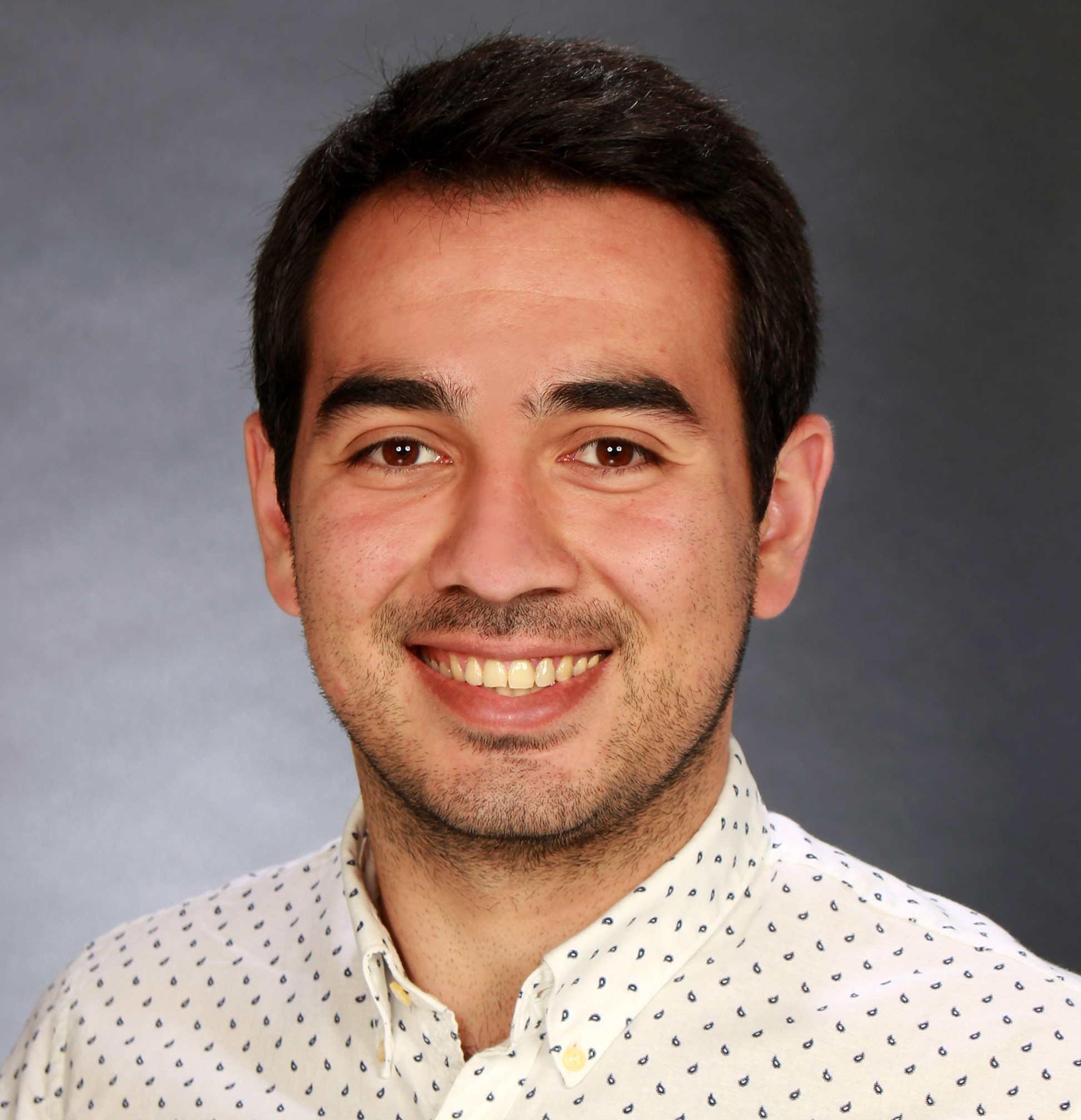
Agha Bayramov is a lecturer at the Department of International Relations and International Organization of the University of Groningen and Political Science Department at Radboud University. As a lecturer, he gives seminars on Energy Security and Climate Change, Political Science, History of International Relations, and International Organization. Besides teaching and research, he was one of the co-organizers of the Groningen Energy Summer School (GESS) in 2015 and 2016. His research interests are energy security, geopolitics, the Caspian Sea region, Nagorno-Karabakh, Eurasia, infrastructure, climate change. Dr. Bayramov has spent extensive time conducting field research in the Caspian Sea region. Agha Bayramov received his PhD and MA degrees from the University of Groningen and a BA degree from the Middle East Technical University (Ankara).
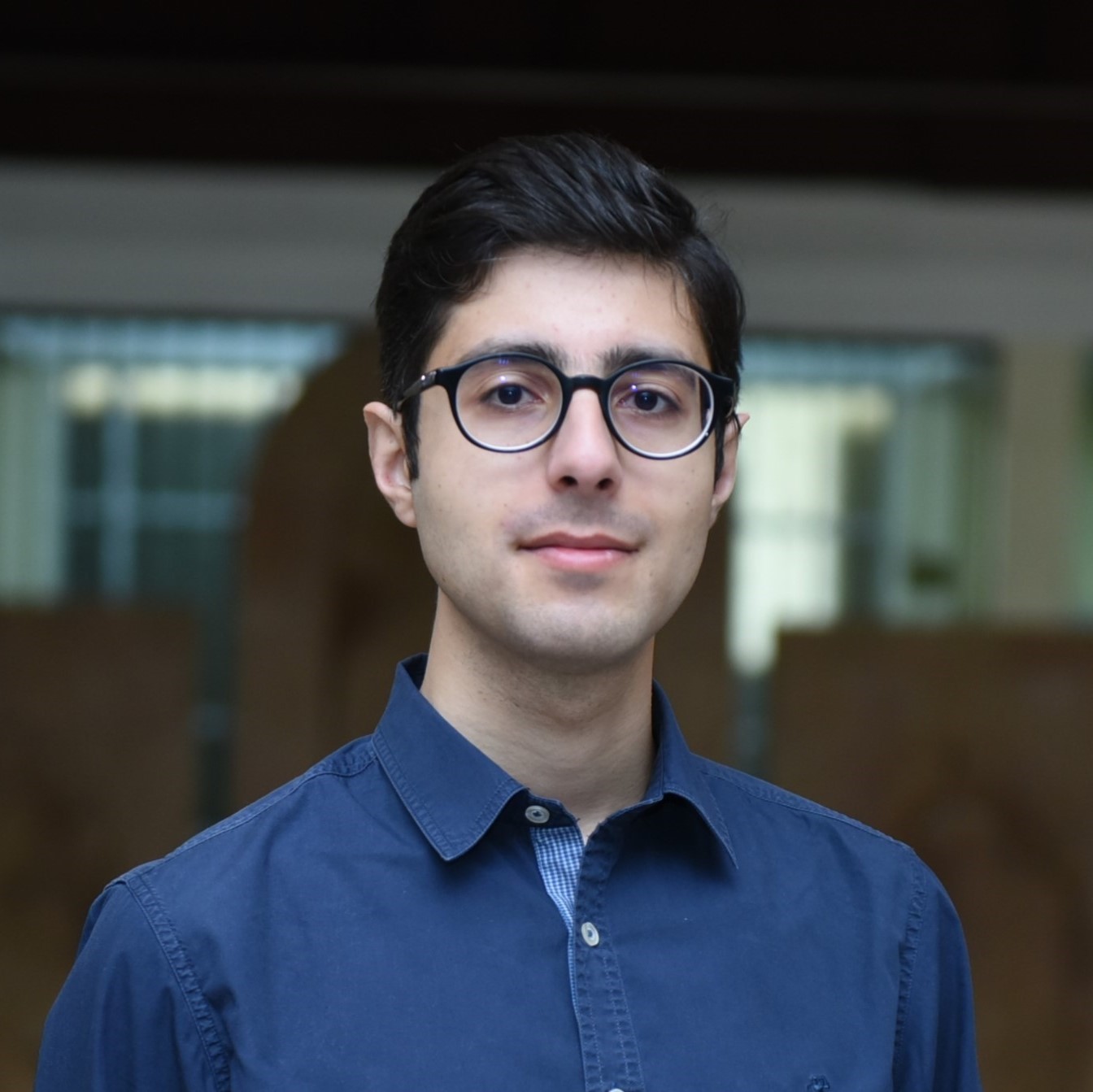
Erik Davtyan is Assistant Professor at the Department of International Relations and Diplomacy, Faculty of International Relations, Yerevan State University, Armenia. In autumn term 2021, he was a Visiting Professor at the Faculty of Political Science at the University of Iceland. Besides, he was a Visiting Scholar at the Department of Political Science, Friedrich Schiller University Jena, Germany, and at the Georgian Foundation for Strategic and International Studies (GFSIS), Tbilisi, Georgia.
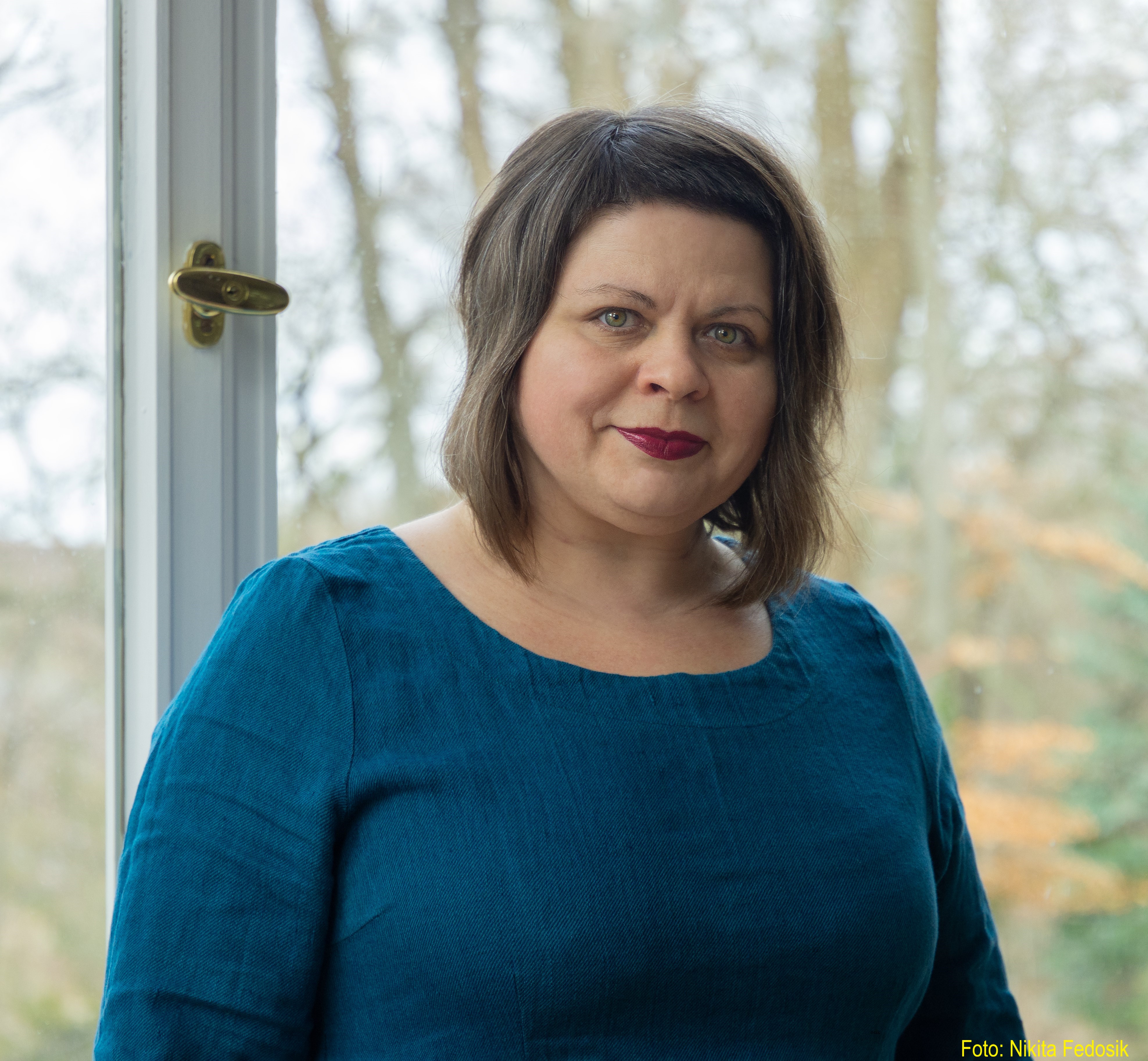
Iryna Herasimovich is a translator, interpreter, essayist and curator and has translated numerous German and Swiss authors. Since 2021 she has been a PhD student at the Slavonic Languages Institute of the University of Zurich. At the Slavonic Languages Institute she also worked on and for the lecture series "Belarus bewegt", which took place in the autumn semester of 2021. For the CEES, she provides in-depth analyzes of current state and social developments in Belarus.
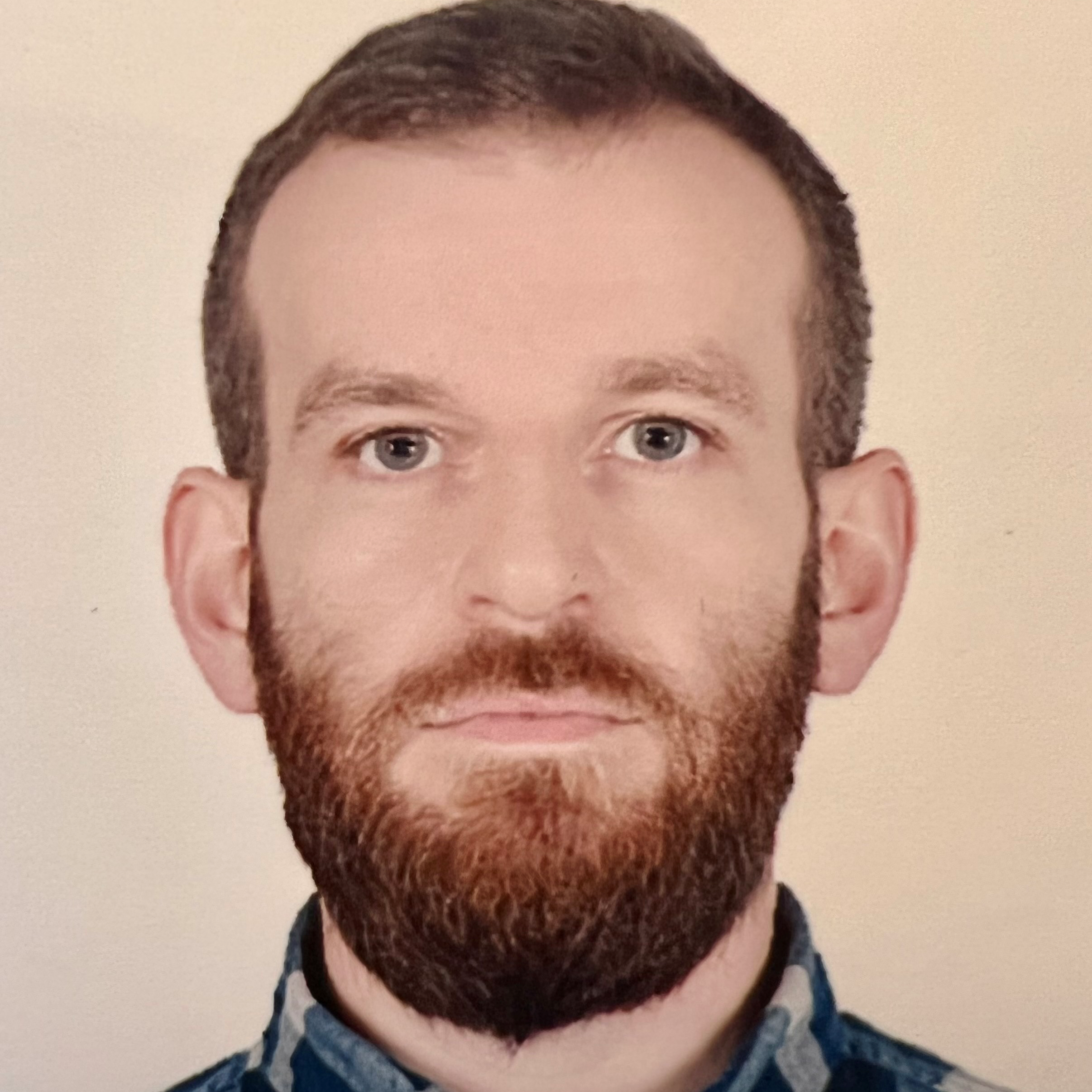
Rustam Anshba studied international relations at the Abkhaz State University, Central European University Budapest and Bemjidi State University / Minnesota. He is currently visiting lecturer at the Abkhaz State University and as UNICEF Abkhazia Zonal Officer. At CEES he is pursuing a research project on the topic of “Development for Conflict Resolution”.
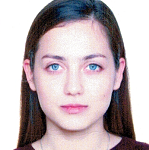
Mrana Dbar studied International Relations at the Abkhaz State University. She is currently persuing her doctoral degree at the Institute of Humanitarian Studies on the subject of "Abkhazia in the post-bipolar world order".
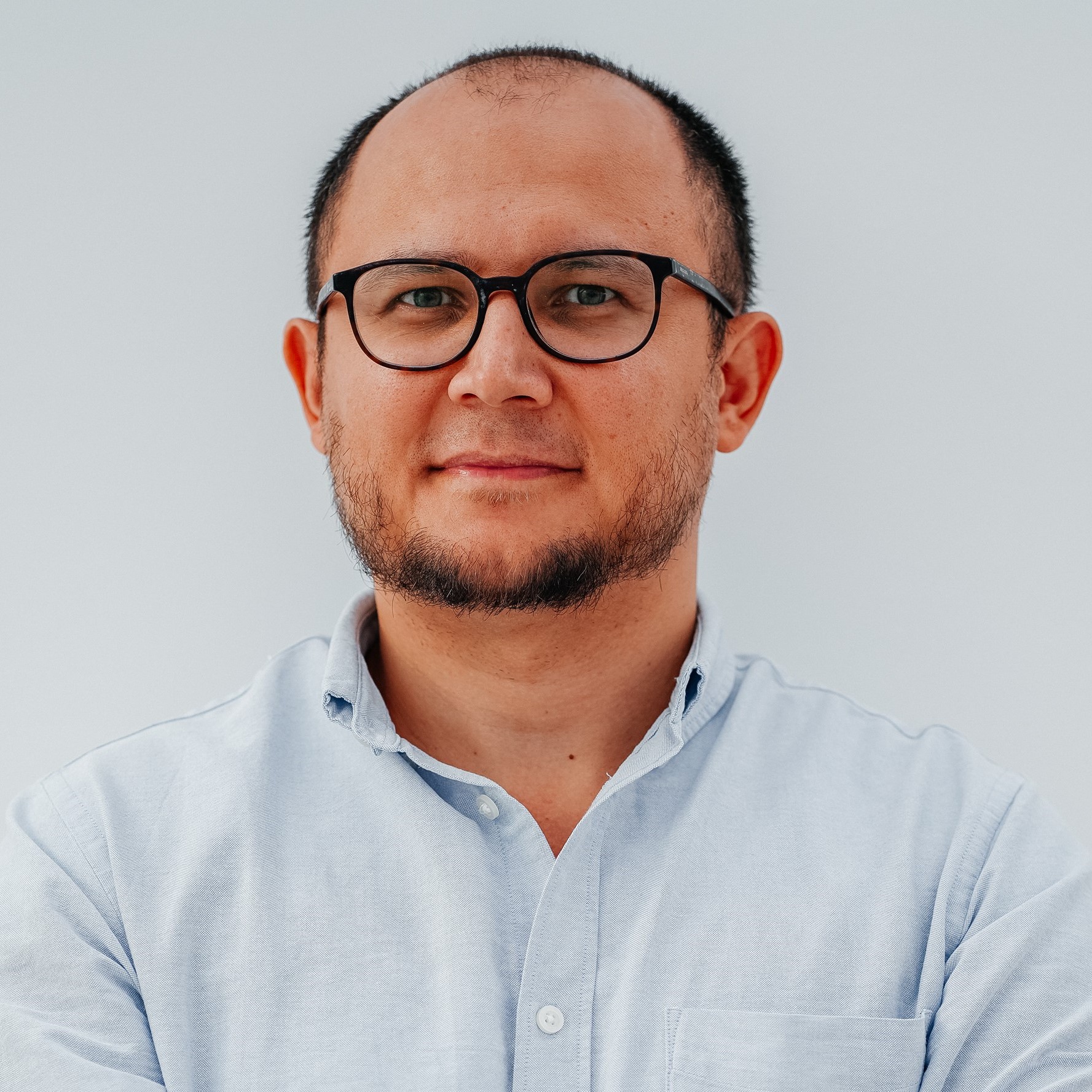
After studying history in Kazan and receiving a MA in St. Petersburg / Helsinki, Danis Garaev did his Ph.D. at the University of Amsterdam on "Post-Soviet Jihadism". Currently, Danis Garaev is a Senior Research Fellow at the Institute of Pedagogy, Psychology and Social Problems (Kazan, Russia) At CEES he is researching the topic “Russian-speaking Islamism and Nagorno-Karabakh: the conflict as a way to overcome the Sunni-Shiite contradiction.”
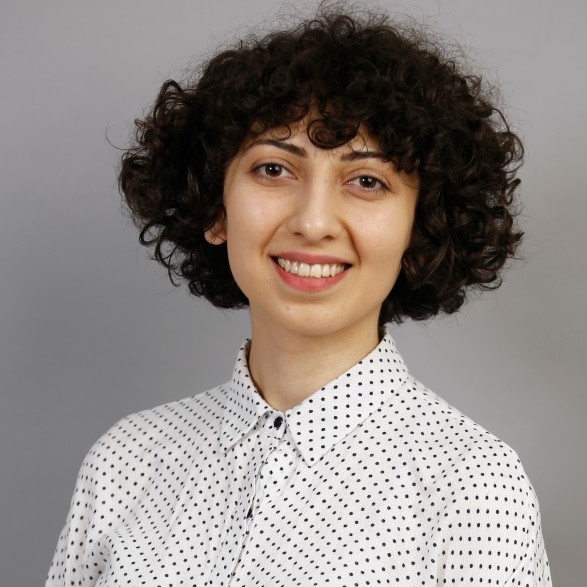
Nino Gozalishvili is a Ph.D. candidate at Central European University (CEU) pursuing Nationalism Studies and Comparative History joint doctoral program. The title of her doctoral dissertation is : “Transnationalizationfor National Purposes: Traces in National-Populist Discourses in Post-Communist Georgia.” Nino holds an MA degree in Nationalism Studies from CEU and BA in International Relations from Tbilisi State University (TSU). She was also a visiting student at the University of Warsaw and at European University Viadrina in Frankfurt (Oder). Her research project at CEES is: "Europeanization and Transforming the Idea of Europe within National-Populist Discourses: The Case of Post-Communist Georgia.” Nino's publications deal with the Soviet history of Georgia, the issues of right-wing populism, democratization and disinformation, as well as the trends in soft power policies deployed towards Georgia. Since 2019, Nino has been a teaching assistant at the Central European University (CEU) and a visiting lecturer at Ilia State University and the University of Georgia. During the recent years, Nino has conducted short- and long-term research with various think-tanks and NGOs.
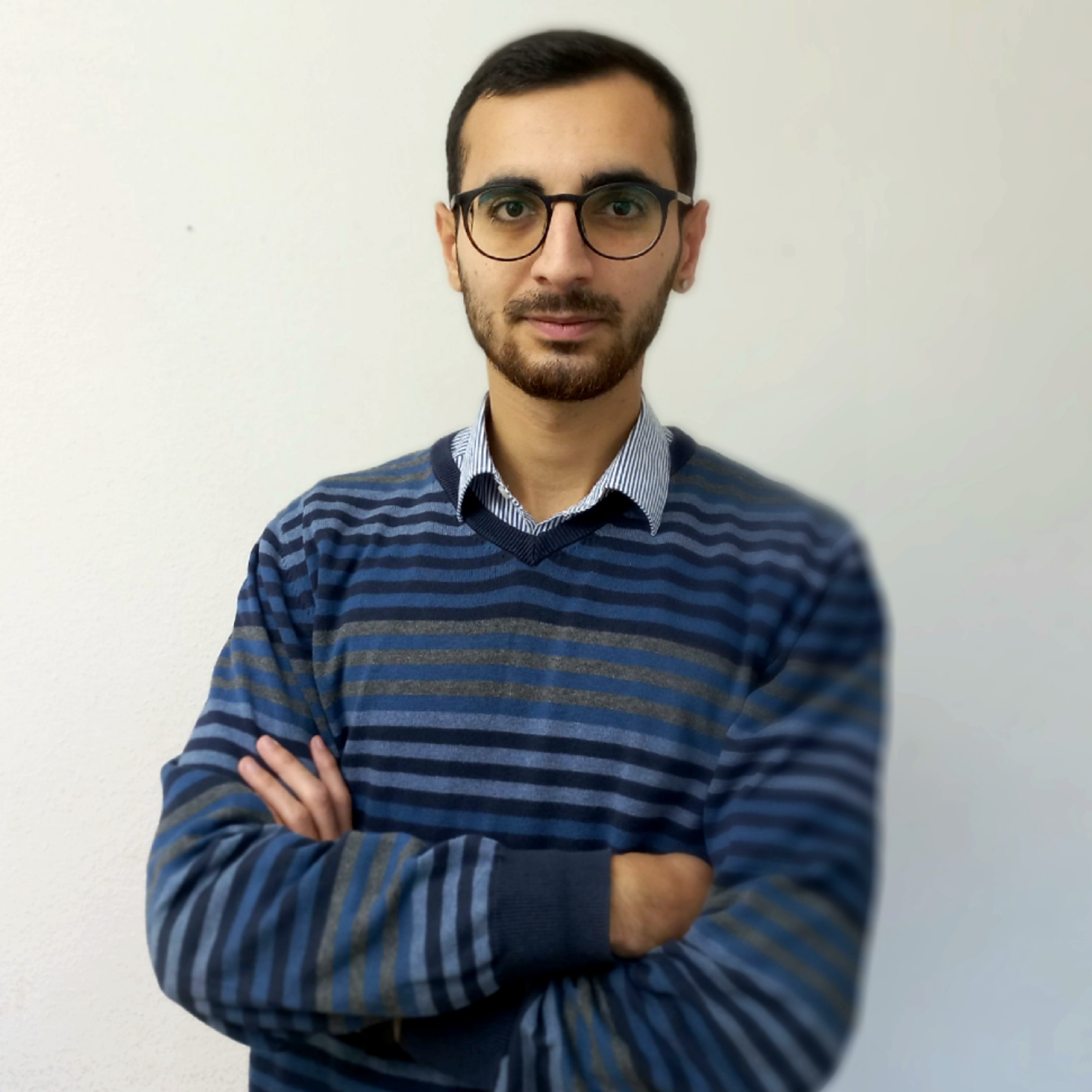
Najmin Kamilsoy is currently a P.h.D. student in the Department of Public and Social Policy at Charles University in Prague, where he previously received a master’s degree in Public Policy. He has worked as a consultant and researcher for a number of international organizations based in the United States, the Czech Republic, Norway, and Germany. He is a former Hurford Youth Fellow at the World Movement for Democracy in Washington D.C. His doctoral research focuses on civil society developments in the South Caucasus under the aspect of professionalization and its impact on citizen engagement. His fellowship project deals with the transformation of civil society in Azerbaijan since independence.
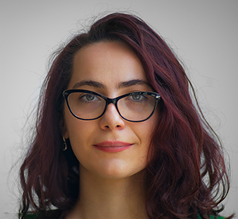
Tamar Tolordava studied Political Science and Soviet Studies at Ilia State University. In 2019 continued her studies at the University of Glasgow and in 2020 was awarded a Master of Science degree in Russian, East European and Eurasian Studies. She currently works as an assistant professor and researcher at Ilia State University. Furthermore, she is a project officer at the Center for Russian Studies. Her research topic at CEES is: "Informality and Corruption Revisited - Crossover of Informal Governance and Corruption Under the 'Georgian Dream' Rule."
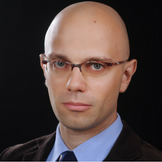
Dmitry (Dima) Adamsky joined the CEES as Guest Scholar in autumn 2020. Professor Adamsky is a Head of the BA Honors Track in Strategy and Decision Making at the School of Government, Diplomacy and Strategy at the IDC Herzliya University, Israel. His research interests include international security, cultural approach to IR, modern military thought, and American, Russian and Israeli national security policy. In the autumn semester 2020, Dima Adamsky is teaching a course on Russian foreign policy and Russian strategic culture at the University of Zurich.
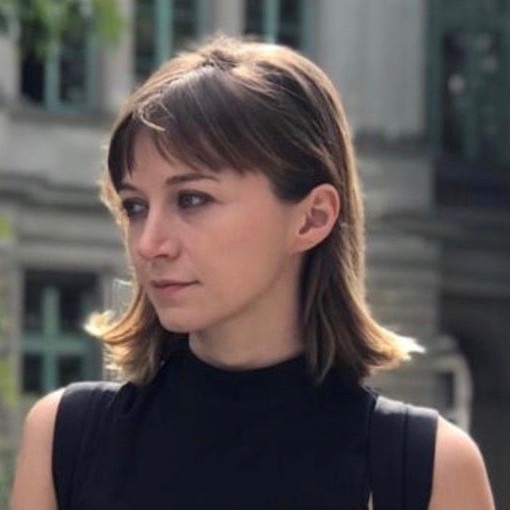
Nasta Agrba joined the CEES as Fellow in autumn 2020. She holds a master degree in journalism (MGIMO) and in cinematography scriptwriting (VGIK). In 2019 she completed the CAS course “Arts and International Cooperation” at the Zurich University of the Arts (ZHdK). She is currently pursuing a PhD-research project on the topic of “Sustainability of grassroots societies in the multicultural contexts” at the Abkhazian State University. She is a co-curator of SKLAD, an Abkhazian cultural center and a producer and journalist of HARA HAKALAK, an Abkhazian architectural and urbanist grass-roots society. She is involved into several projects for art students with the Artas Foundation for Peace in Zurich.
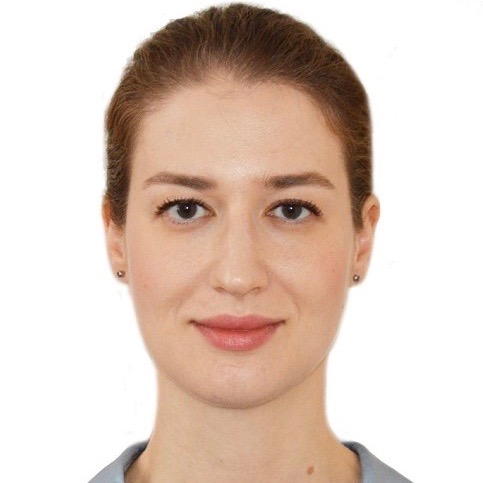
Naala Avidzba joined the CEES as Fellow in autumn 2020. She graduated from Moscow Metropolitan Government University with a degree in International Relations. She was a participant in various academic conferences e.g. at the Moscow State Institute of International Relations, at RUDN University, and the Faculty of Journalism at St. Petersburg State University. Besides her current non-university work, she is pursuing a PhD-project at the Abkhazian Institute of Humanitarian Studies n.a. D.I. Gulia. on the potential for developing Abkhazia into a center for international tourism. For this research, she applies an ethnological approach.
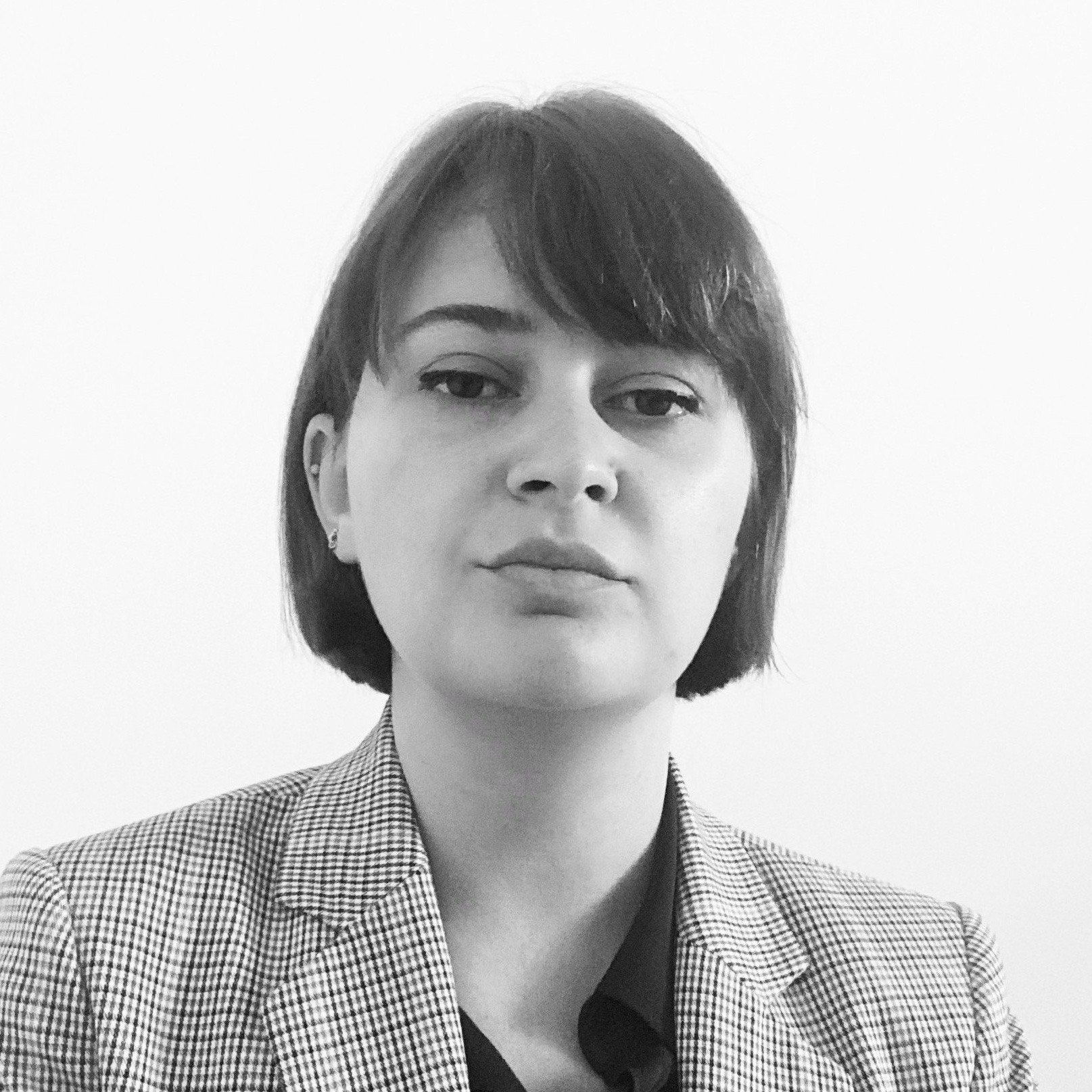
Gvantsa Salukvadze joined the CEES as Fellow in autumn 2020. She is a Ph.D. candidate in Human Geography at Tbilisi State University, Georgia. She has been part of several scientific research projects funded by Volkswagen Foundation, Austrian Development Cooperation, Shota Rustaveli National Science Foundation, etc., to promote mountain development in Georgian Caucasus. Furthermore, she has contributed to the development of a normative scenario for sustainable land-use in the greater Caucasus with German and Georgian scholars. Since 2017 Ms Salukvadze has been also actively collaborating with the Department of Geography at the University of Zurich in Switzerland. At the CEES, she will work on the topic "The Threat of Tourism Dependence amid Political Instability in the South Caucasus Region".
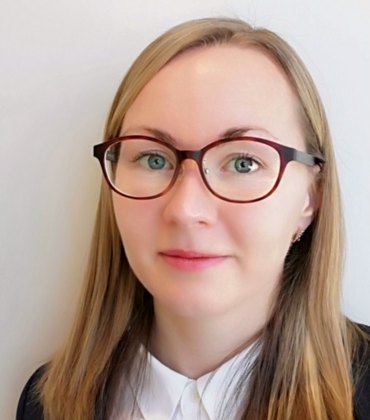
Dr. Maria Shagina specializes in European integration, post-Soviet democratisation and international sanctions. Her research project at CEES will focus on the West-Russia tensions since the Ukraine crisis and its implications for the Eurasian Economic Union. Her publications have appeared in the European Council on Foreign Relations, Foreign Policy Research Institute, Atlantic Council, New Eastern Europe, and Global Risk Insights.
Dr. Shagina has started her CEES Fellowship in November 2019. Previously, she held a JSPS Postdoctoral Fellowship at the Ritsumeikan University in Japan. Before that, she was a PhD Fellow at the Centre for Russian, European, and Eurasian studies at the University of Birmingham and at the NCCR Democracy at the University of Zurich. She is also currently affiliated with the Geneva International Sanctions Network at the Graduate Institute Geneva. She holds a PhD in Political Science from the University of Lucerne.